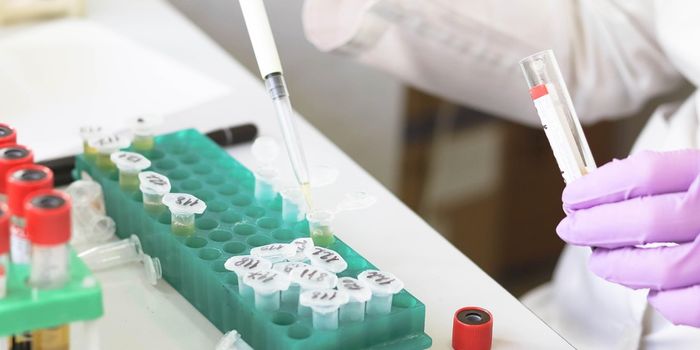Scientists in China will celebrate an extra special Chinese New Year, as they have just
unveiled a set of genetic modified monkeys that show autism symptoms. Coincidentally, 2016 happens to be the Year of the Monkey in the Chinese zodiac.
Led by Zilong Qiu, scientists at the Institute of Neuroscience in Shanghai genetically inserted extra copies of
MECP2, a human gene linked to autism, into the genome of macaque monkeys (
Macaca fascicularis). This resulted in eight newborn monkeys, each carrying between 1-7 extra copies of
MECP2. In this generation, the monkeys showed abnormal symptoms that mimicked autistic tendencies in humans, including repetitive movements, asocial behavior, and increased anxiety. Most notable is their tendency to run around in tight circles repetitively (see video).
To convince others that the extra copies of
MECP2 made the difference, the team showed that the monkeys could pass the genetic alteration
and the abnormal behaviors to their offspring. At not even a year old, this second generation of monkeys showed the same asocial behaviors that their parents displayed.
The research made a big splash in the autism research community, as it is the first publication to demonstrate a link between an autism-related gene and observable changes in primate animal behaviors. Previous autism animal research has relied on mice and rats, models that have been highly criticized because of the vast differences in brain anatomies as compared to humans.
But here’s the million-dollar question: Can these genetically modified monkeys be considered a new animal model of autism? Some leading researchers in the field are hesitant to agree.
Among the ones who have doubts is Huda Zoghbi, a prominent scientist specializing in
MECP2 and autism at the Baylor College of Medicine in Houston, Texas. She noted that the
MECP2 monkeys don’t share symptoms, like seizures and severe cognitive problems, which are common in the human form of
MECP2 duplication. In addition, damage to the
MECP2 gene causes Rett syndrome, a form of autism that affects girls. However, in the
MECP2 monkeys, only the males had social interaction deficits.
According to Zoghbi, the monkeys “don’t reproduce the human duplication disorder.” She also adds, “I think we need to be cautious calling this a model … it does not quite accomplish that.”
Researchers suspect that over 100 genes contribute to the wide range of symptoms in autism spectrum disorder. Hilde Van Esch, a geneticist at the University of Leuven in Belgium who studies
MECP2 duplication syndrome, says, “
MECP2 duplication syndrome is surely not ‘the’ prototype of autism," she says. "So the clinical utility of this model is, in my opinion, very low."
While other scientists are debating whether the
MECP2 monkeys can be diagnosed with autism, Qiu and his team are forging on. They plan to locate the brain areas most affected by the extra copies of
MECP2, which can inform existing therapies in humans, like deep brain stimulation. They also plan to knockout the extra
MECP2 copies in the brain to see if the autism-like symptoms can be reversed. The results of these experiments will be crucial in determining whether the
MECP2 monkeys can truly be considered a non-human primate model of autism.
Additional sources:
Nature News,
The Verge









